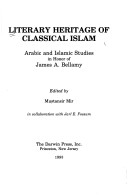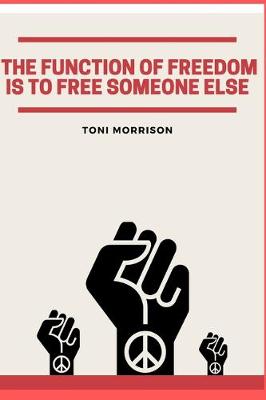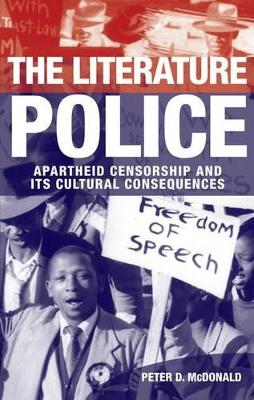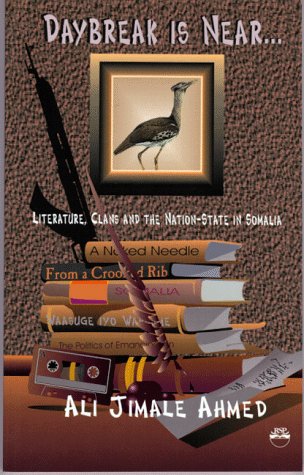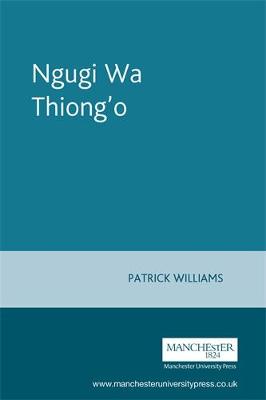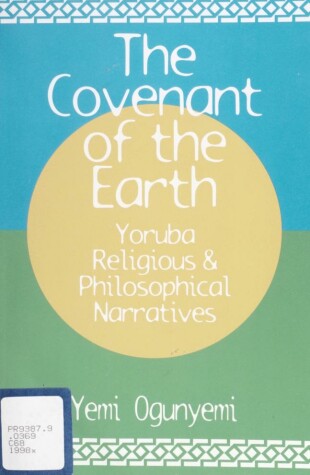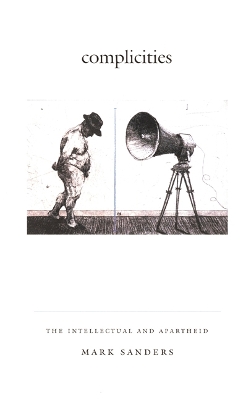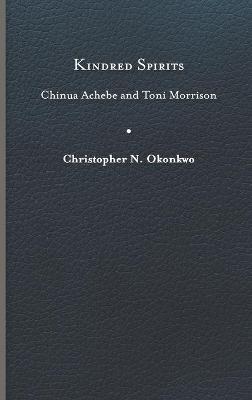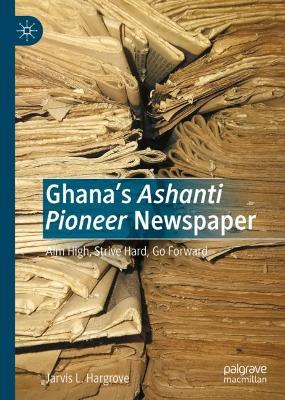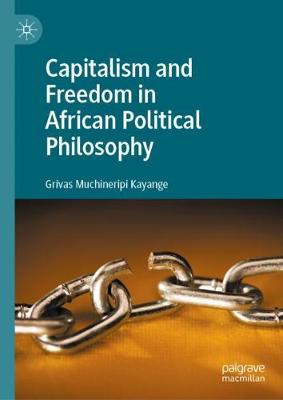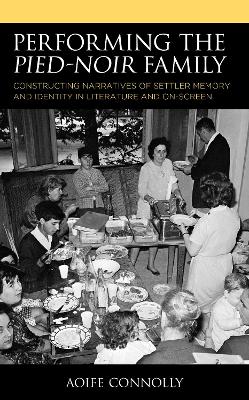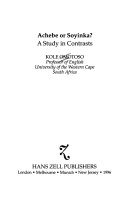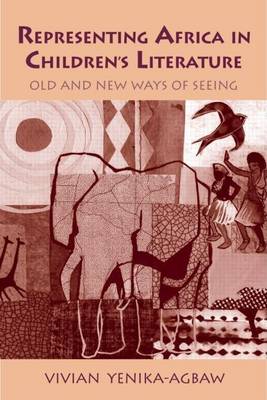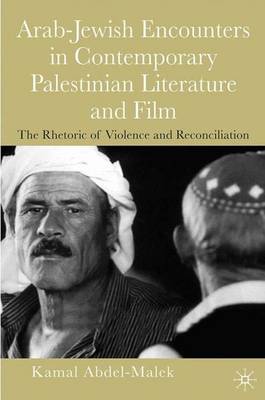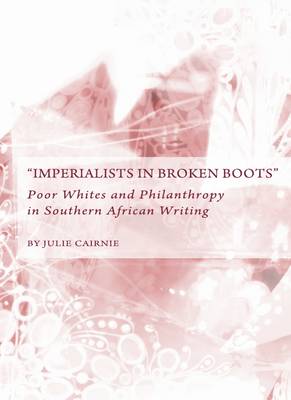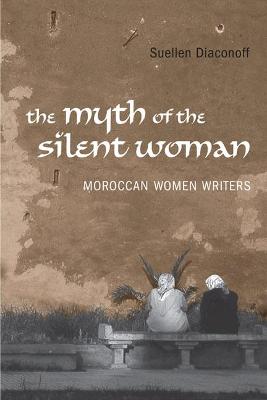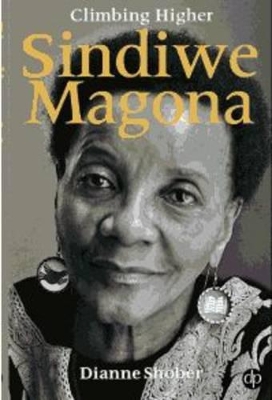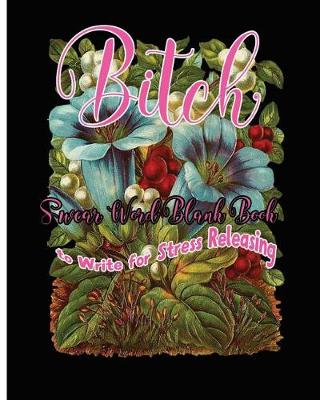Through close readings of works by writers like C.L.R. James, Salman Rushdie, Ama Ata Aidoo, Michelle Cliff, and Hanif Kureishi, this book examines instances of textual resistance elaborated within imperial/metropolitan epistemologies and ideologies. It focuses especially on each writer's historical location, personal and political affiliations, presumed audiences, and her/his position on gender as integral contextual determinants of the strategies of textual resistance each deploys.
Writing French Algeria
by Reader in French Literature Peter Dunwoodie
The Function of Freedom Is To Free Someone Else Toni Morrison
by 1970 Revolution
'Censorship may have to do with literature', Nadine Gordimer once said, 'but literature has nothing whatever to do with censorship.' As the history of many repressive regimes shows, this vital borderline has seldom been so clearly demarcated. Just how murky it can sometimes be is compellingly exemplified in the case of apartheid South Africa. For reasons that were neither obvious nor historically inevitable, the apartheid censors were not only the agents of the white minority government's repr...
Ngugi is one of the most important contemporary world writers, and someone whose name has for many become synonymous with cultural controversy and political struggle. Patrick William's analysis offers an up-to-date study of Ngugi's writing, including his most recent collected essays. Focusing on important aspects of Ngugi's work which critics have hitherto ignored, and drawing on a wide range of relevant theoretical perspectives, this study examines the growing complexity of Ngugi's accounts of...
Samba Gadjigo presents a unique personal portrait and intellectual history of novelist and filmmaker Ousmane Sembene. Though Sembene has persistently deflected attention away from his personality, his life, and his past, Gadjigo has had unprecedented access to the artist and his family. This book is the first comprehensive biography of Sembene and contributes a critical appraisal of his life and art in the context of the political and social influences on his work. Beginning with Sembene's life...
Complicities explores the complicated-even contradictory-position of the intellectual who takes a stand against political policies and ideologies. Mark Sanders argues that intellectuals cannot avoid some degree of complicity in what they oppose and that responsibility can only be achieved with their acknowledgment of this complicity. He examines the role of South African intellectuals by looking at the work of a number of key figures-both supporters and opponents of apartheid.Sanders gives detai...
Nigerian novelist Chinua Achebe-author of Things Fall Apart, one of the towering works of twentieth-century fiction—is considered the father of modern African literature. The equally revered Toni Morrison, author of masterworks such as Beloved and one of only four Americans to receive the Nobel Prize in Literature in the past half-century, acknowledged African literature’s and Achebe’s influence on her own work. Until now, however, there has been no book that focuses on and critically explores...
This book is a history of a prominent Ghanaian newspaper, the Ashanti Pioneer, as well as well-known figurers in the country itself. It utilizes the stories published in the newspaper to recount the history of the press, including its key individuals and groups, and to provide a unique perspective on the most important events in the Gold Coast during the mid-twentieth century, just prior to and after independence. This work will show that the Ashanti Pioneer influenced public opinion on several...
Capitalism and Freedom in African Political Philosophy
by Grivas Muchineripi Kayange
This book investigates 'capitalism and freedom'-the guiding forces of many political systems-in African philosophy. It builds on classical and neoliberal capitalism rooted in private property and freedom, and argues for the presence of these elements in the traditional and modern African political systems. The author argues that while these elements are partly imported from Western capitalists, they are equally traceable in African traditional political systems. Kayange argues that African pol...
Performing the Pied-Noir Family (After the Empire: The Francophone World and Postcolonial France)
by Aoife Connolly
Performing the Pied-Noir Family: Constructing Narratives of Settler Memory and Identity in Literature and On-Screen sheds new light on the memory community of the pieds-noir from the Algerian War (1954-1962) as it continues to resonate in France, where the subject was initially repressed in the collective psyche. Aoife Connolly draws on theories of performativity to explore autobiographical and fictional narratives by the settlers in over thirty canonical and non-canonical works of literature an...
Achebe or Soyinka? (New Perspectives on African Literature S., #3)
by Kole Omotoso
The essays in this volume capture the exciting energy of the emergent novel in East and West Africa, drawing on different theoretical insights to offer fresh and engaging perspectives on what has been variously termed the 'new wave', 'emergent generation', and 'third generation'. Subjects addressed include the politics of identity, especially when (re)constructed outside the homeland or when African indigenous values are eroded by globalization, transnationalism, and the exilic condition or the...
Despite the urgent need to develop understandings of the Palestinian-Israeli conflict in the light of the current situation in the Middle East, the role of violence and reconciliation in Palestinian and Israeli literature and film has received only brief treatment. This book is intended to fill that void; that is to explore how Israelis and Palestinians view and depict themselves and each other in situations that lead to either violence or reconciliation, and the ways in which both parties defin...
This book examines writing which is concerned with the period of the 'poor white problem' and the 'poor white solution' (1870s-1940s) in Southern Africa. It argues that 'poor white' is not a narrow economic category, but describes those who threaten to collapse boundaries-racial, sexual, and class boundaries. It studies four writers who migrate between Britain and Southern Africa, who engage with the 'problem' and the 'solution,' and who foreground ambiguity in their ambiguously genred texts. Ol...
Myth of the Silent Woman (University of Toronto Romance)
by Suellen Diaconoff
Beginning in the 1980s and gathering force in the last decade of the twentieth century, Moroccan women writers have become the latest group of Middle Eastern women to break their silence by writing both fiction and non-fiction. The Myth of the Silent Woman examines representative French-language texts from Moroccan women writers. Suellen Diaconoff situates these works in a discourse of social justice and reform, arguing that they contribute to the emerging national debate on democracy and help t...
The primary aim of this book is to create a literary biography of Sindiwe Magona, a significant black South African woman, whose writings act as a testimony, a historical record, an appeal, and an invitation to experience a culture, literary style and language marginalized by colonization. Magona 's works provide us with a window to the soul of the beleaguered domestic (Living, Loving and Lying Awake at Night), the impoverished single parent (To My Children 's Children), the struggling black wom...
